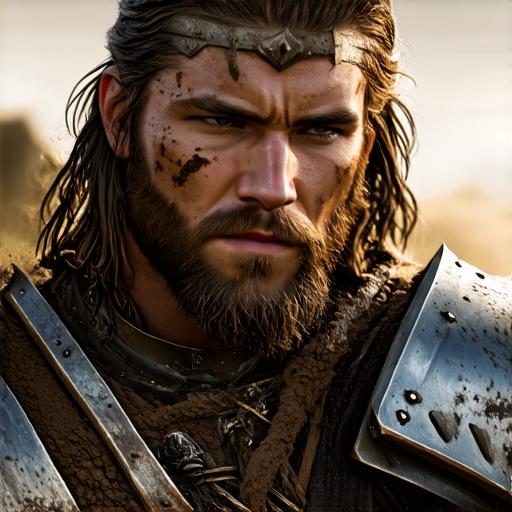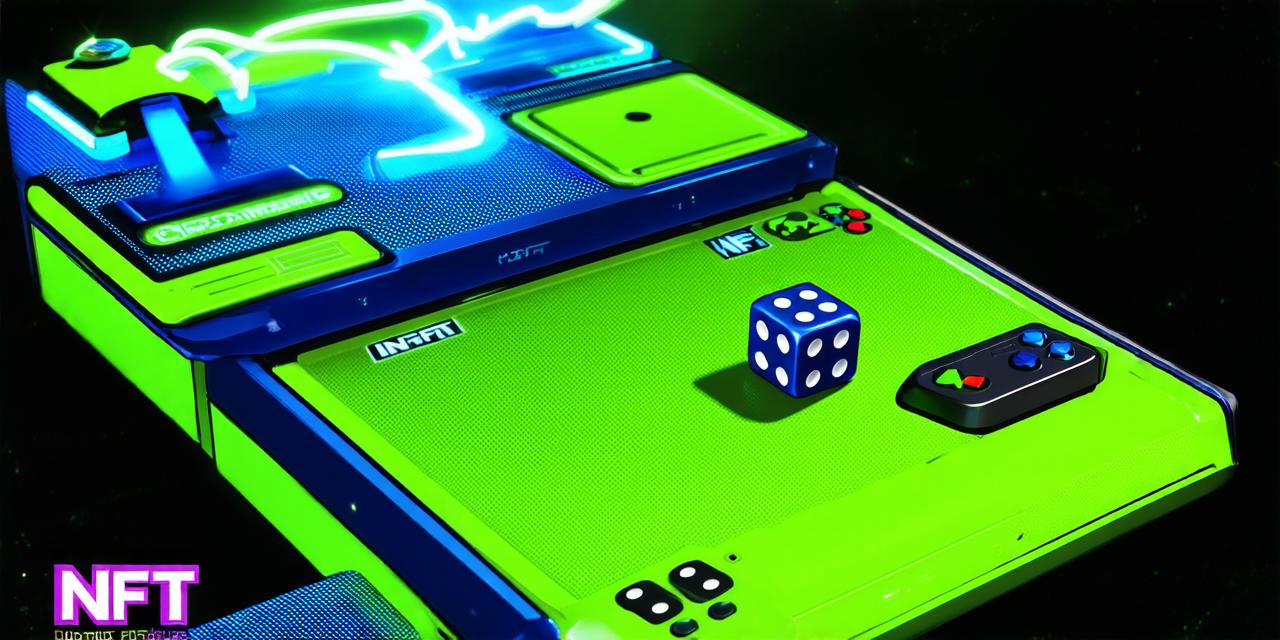As the world of non-fungible tokens (NFTs) continues to grow, many are asking whether they can also be used in the world of gaming. The answer is yes, and there are already a number of examples of how NFTs are being used in this space.
What are NFTs?
For those who may not be familiar with NFTs, they are essentially unique digital assets that can represent anything from art to real estate. They are stored on blockchain technology and can be bought, sold, and traded like any other asset.

How NFTs are being used in gaming
One of the most well-known examples of NFTs being used in gaming is CryptoKitties, a game that allows players to breed and collect unique digital cats. These cats are represented as NFTs on the Ethereum blockchain and can be bought, sold, and traded like any other asset.
Another example is Axie Infinity, a popular game that combines elements of collectible battles and strategy games. Players can buy, sell, and trade unique creatures called Axies, which are represented as NFTs on the Ethereum blockchain.
These examples demonstrate how NFTs can be used in gaming to create unique and valuable digital assets that can be bought, sold, and traded like any other asset.
Benefits of using NFTs in gaming
There are a number of benefits to using NFTs in gaming. For one, they allow for the creation of truly unique and valuable digital assets that can be bought, sold, and traded like any other asset. This creates a new market for these assets and allows players to monetize their collections.
In addition, NFTs can also help to create a sense of ownership and authenticity in gaming. Since each NFT is unique and stored on the blockchain, it is much harder for someone to counterfeit or duplicate it. This creates a level of trust and security that is not possible with traditional digital assets.
Finally, NFTs can also help to create new revenue streams for game developers. By creating unique and valuable digital assets that can be bought, sold, and traded like any other asset, game developers can generate additional revenue from their games beyond just the initial purchase price.
Real-life examples of successful NFT gaming platforms
There are a number of real-life examples of successful NFT gaming platforms. For example, Decentraland is an NFT-based virtual reality platform that allows players to buy and sell unique digital assets within the game. These assets can be used to create custom avatars, purchase in-game goods and services, and even create their own games within the platform.
Another example is Dfinity, which is a blockchain platform that allows for the creation of decentralized applications (dApps). One of the dApps built on the Dfinity platform is called NFTify, which allows users to turn any digital asset into an NFT and trade it like any other asset.
These examples demonstrate how NFTs can be used in gaming to create new and innovative platforms that allow for the creation of unique and valuable digital assets.
FAQs about NFTs in gaming
Q: How do NFTs work in gaming?
A: NFTs are essentially unique digital assets that are stored on blockchain technology and can be bought, sold, and traded like any other asset. In the world of gaming, NFTs are often used to represent in-game items, such as weapons or characters, that can be bought, sold, and traded like any other asset.
Q: What are some examples of successful NFT gaming platforms?
A: There are a number of real-life examples of successful NFT gaming platforms, including Decentraland, Dfinity, and CryptoKitties. These platforms allow players to buy, sell, and trade unique digital assets within the game and have created new revenue streams for game developers.
Q: What are some of the benefits of using NFTs in gaming?
A: There are a number of benefits to using NFTs in gaming, including the creation of truly unique and valuable digital assets that can be bought, sold, and traded like any other asset, the creation of a sense of ownership and authenticity in gaming, and the ability to generate new revenue streams for game developers.
